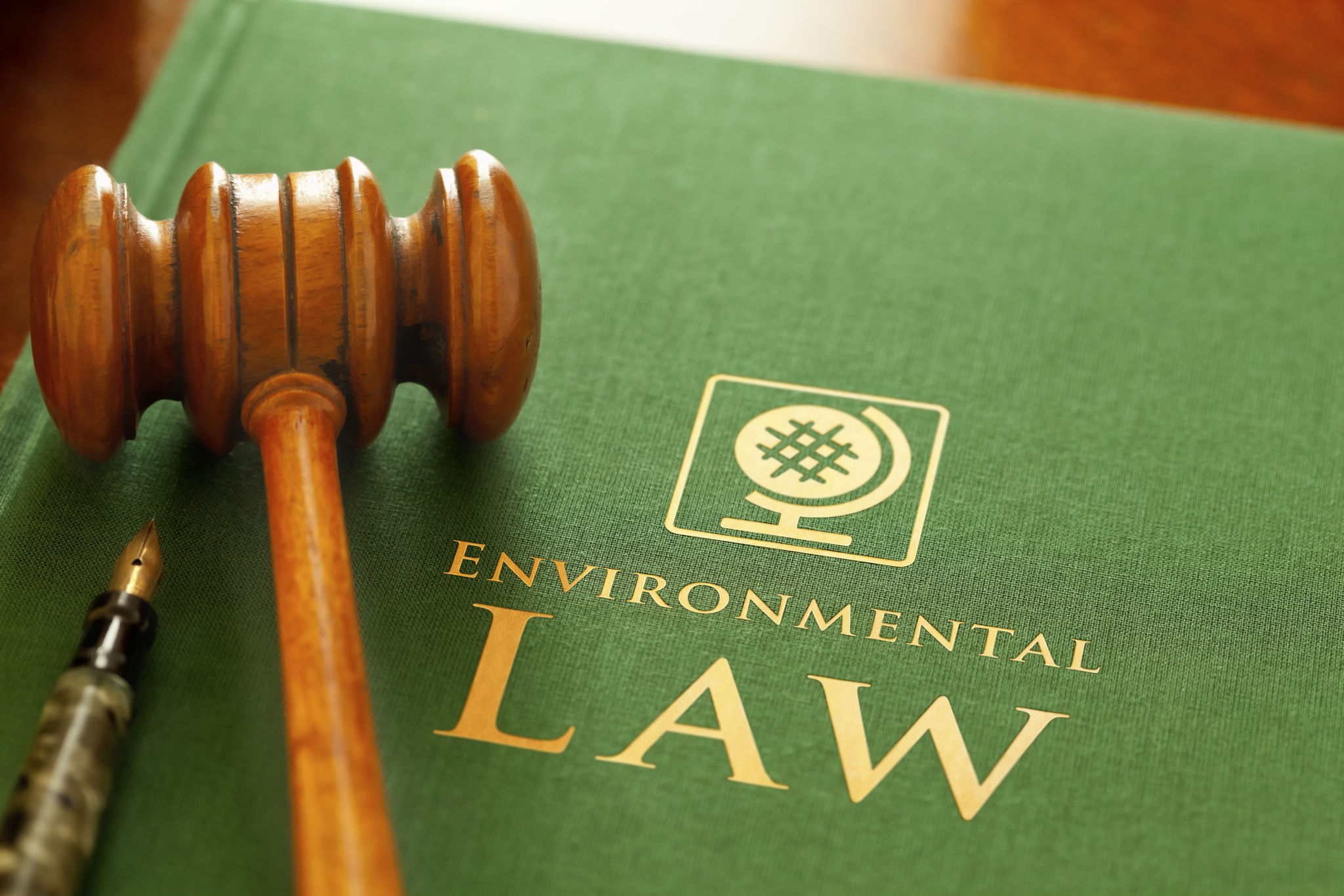The Process of Waste Oil Collection: What Businesses Need to Know
Understanding Waste Oil Collection
Waste oil collection is an essential process for businesses that generate used oil through their operations. Proper handling and disposal of waste oil not only comply with environmental regulations but also contribute to sustainability efforts. Businesses need to understand the basics of waste oil collection to ensure they are managing this resource responsibly.

Why Waste Oil Collection Matters
Waste oil poses significant environmental risks if not managed properly. When improperly disposed of, waste oil can contaminate water sources, harm wildlife, and lead to costly cleanup efforts. By engaging in effective waste oil collection, businesses can mitigate these risks and even find opportunities for recycling and reusing the oil.
The Collection Process
The process of waste oil collection typically involves several key steps. First, businesses must store waste oil in designated containers that meet regulatory standards. These containers should be leak-proof and clearly labeled to avoid any accidental misuse or spills.
Once stored, businesses can schedule regular pick-ups with a certified waste oil collection service. These services specialize in transporting and processing used oil, ensuring it is handled safely and in compliance with all environmental regulations. The collected waste oil is then taken to facilities where it can be recycled or disposed of properly.

Choosing a Waste Oil Collection Service
When selecting a waste oil collection service, businesses should consider factors such as the provider's certification, experience, and reputation. It is crucial to work with a service that is knowledgeable about local regulations and has the capability to manage the volume of waste oil the business generates. Additionally, some services may offer recycling options that can turn waste oil into valuable resources, like lubricants or fuel.
Regulatory Compliance
Compliance with environmental regulations is a critical aspect of waste oil collection. Businesses must stay informed about federal, state, and local laws governing the storage, transportation, and disposal of waste oil. Failure to comply can result in hefty fines and damage to the business's reputation.

Benefits of Proper Waste Oil Management
Proper waste oil management offers several benefits beyond environmental protection. By recycling waste oil, businesses can reduce their environmental footprint and potentially lower operational costs. In some cases, businesses may even receive financial incentives for recycling initiatives.
Moreover, responsible waste oil management enhances a company's image as an environmentally conscious entity, which can appeal to customers and partners who prioritize sustainability.
Conclusion
Overall, understanding the process of waste oil collection is crucial for businesses aiming to operate sustainably and responsibly. By selecting the right collection service, adhering to regulations, and exploring recycling opportunities, businesses can effectively manage their waste oil while contributing positively to the environment.